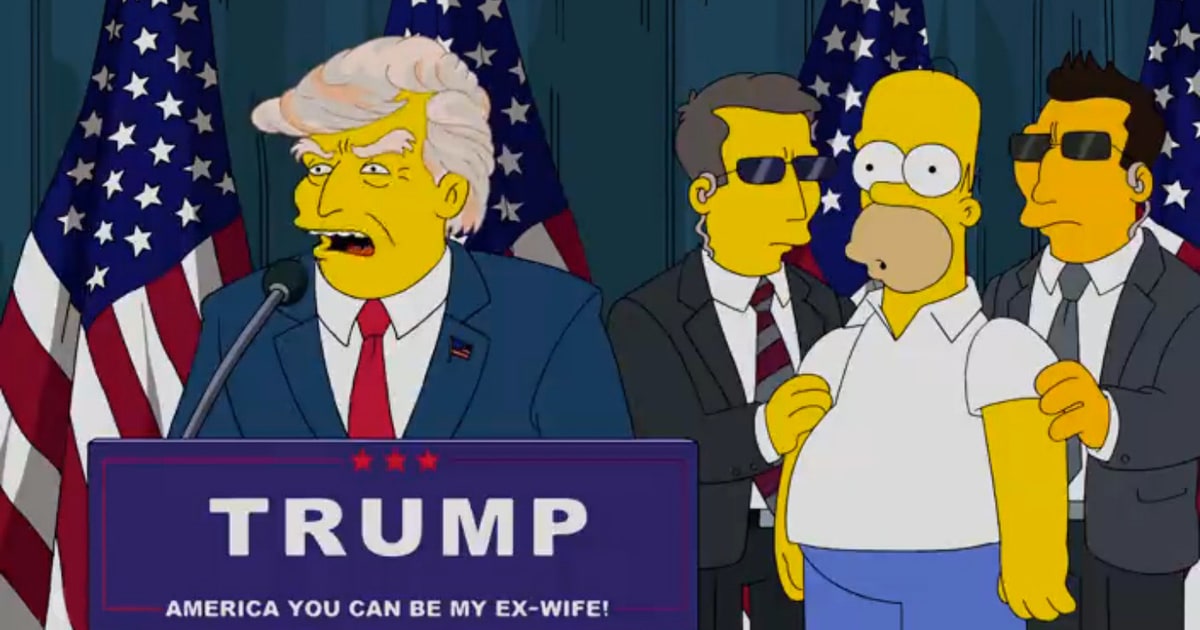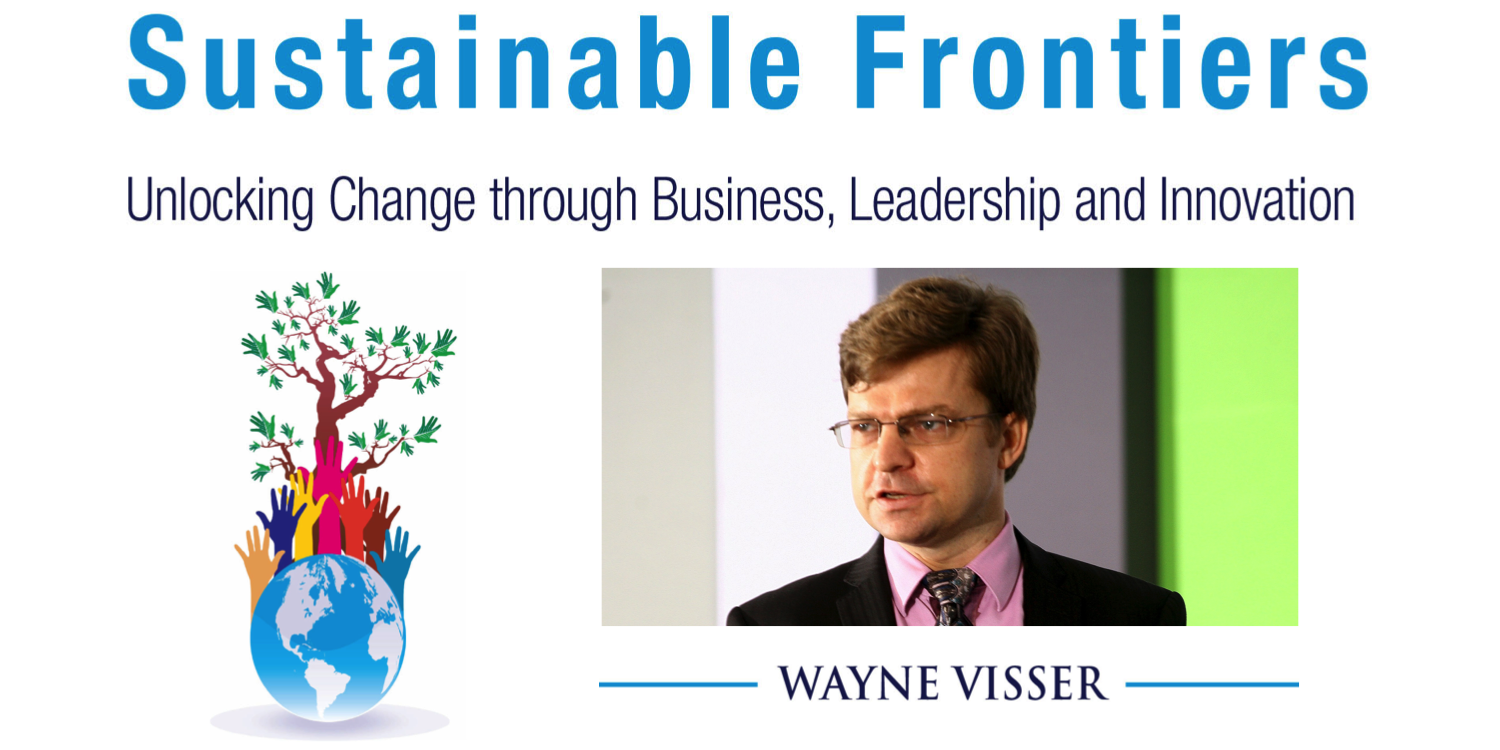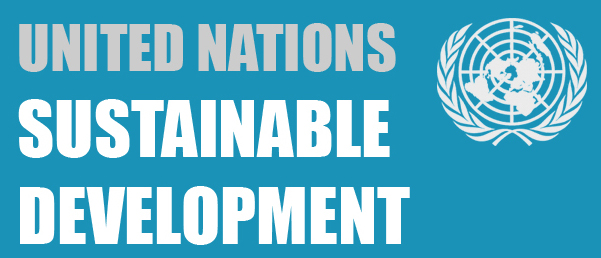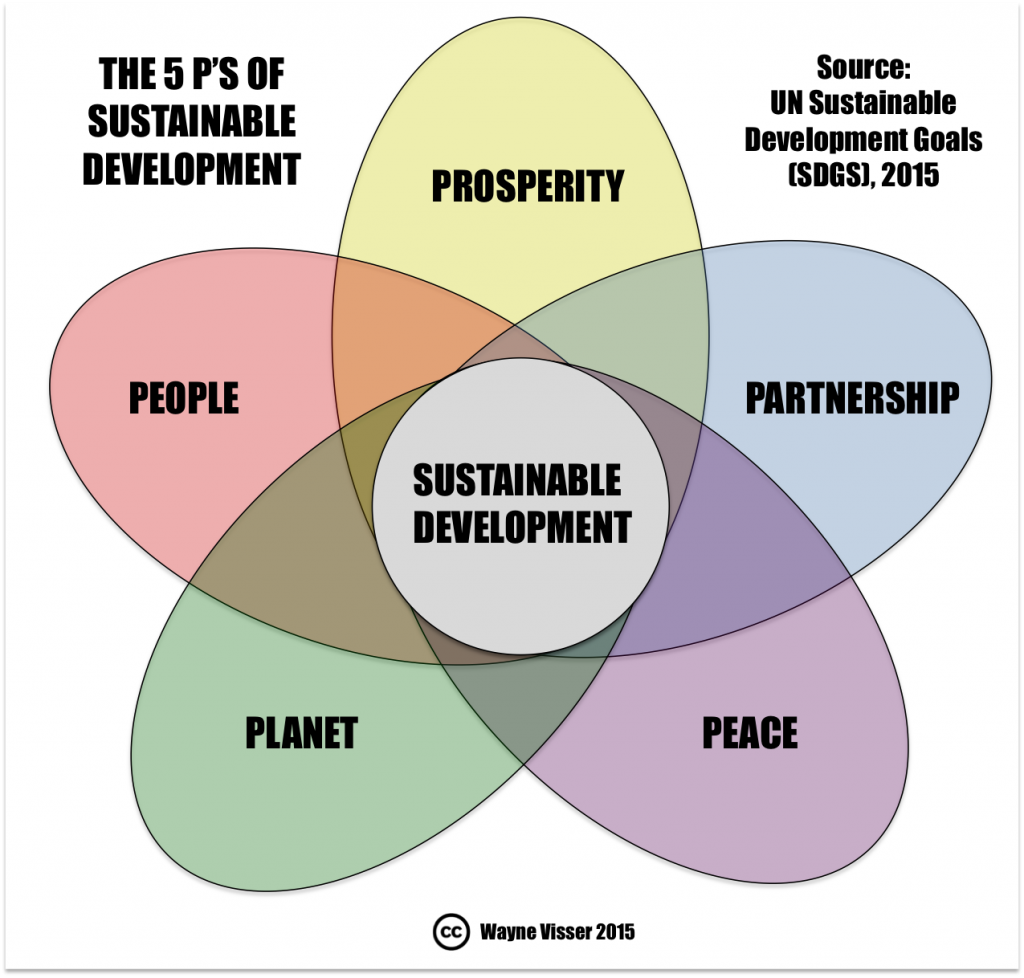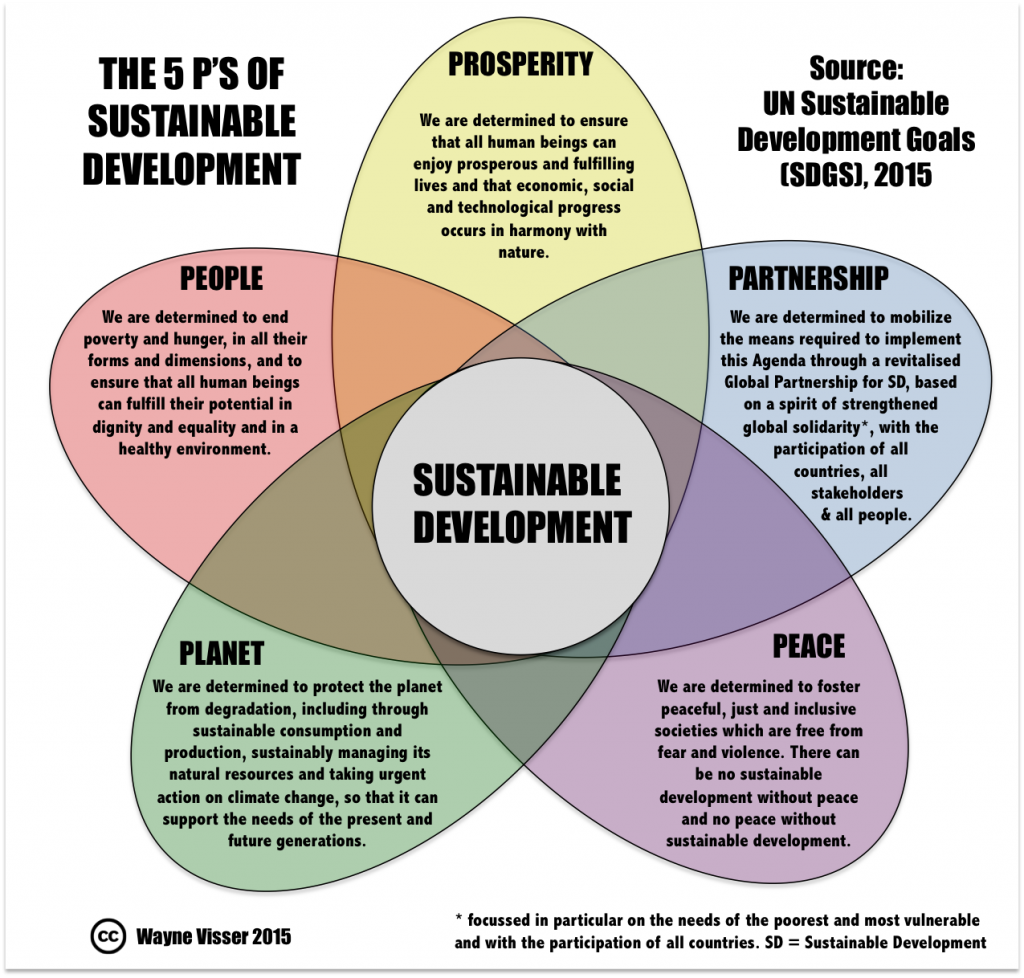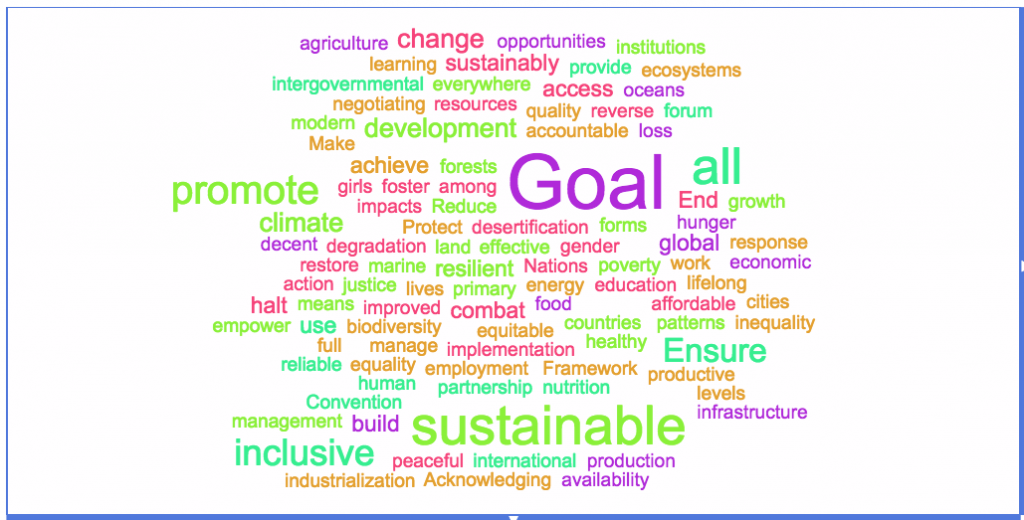25 January 2016
As I write, I am seated at a beautiful rough wooden table, in a Bush Villa at Botlierskop in the Western Cape, some 20 km inland from Groot Brak River, just past Mossel Bay. The veranda, with two half-egg shaped, latticed swinging chairs, looks out through some trees onto a small lake (watering hole).
On the opposite bank, a herd of a dozen or so Waterbuck have been browsing, while a cormorant dries its wings, perched on a protruding branch in the middle of the water. Nearby, on the bank in front of our villa, hadedas are rooting around, and a pair of kiewiets are piep-piep-pieping. There are muddy spoor of what is most likely Cape Buffalo, and the occasional view of vervet monkeys on the tin roof of the adjacent villa.
Now, I hear the spit and crackle and hiss of the fire outside, where soon we will barbeque our dinner. Inside, the furnishings are sumptuous, with four-poster beds, veiled in white net curtains, and animal skin rugs on the floors. And yet, I realise, the real luxury is the tranquil setting; the feeling of being cocooned in nature and soothed by its lullaby sounds.
Besides the idyllic setting, it is made special by being with Indira and Dorian. For Dori, it is his first visit to South Africa and his first ‘safari’ type experience. And for Indira, it is a deepening of her connection with this land, its people and its wildlife.
Earlier, on arrival at the reception, we watched as two tame, yet free-ranging, lions walked towards us from a hill opposite. It was such a moment of pure joy that it brought tears to Indira’s eyes. Seeing her moved by nature so deeply makes me happy. Tomorrow, we will do a morning game drive and then walk with the lions, which will be a thrilling first for all of us.
27 January 2016
Yesterday, we awoke to find a rhino on the grassy bank opposite our villa. It appeared to be resting, although it got to its feet when it heard us. The immense bulk and prehistoric look of the animal makes it an impressive sight to behold. It was joined a few minutes later by two more rhinos, which had come down to the water to graze.
At 7 am we set out on our 3-hour game drive with Richard, our guide. The reserve is divided into several fenced enclosures to keep certain species and herds apart. For example, the Burchell’s zebras are kept separate from the once endangered Cape Mountain zebras, to prevent interbreeding. The lions, which all seem to be rescued or hand-raised, also have their own enclosure in which they are fed. Fortunately, all the fenced areas are large and allow the animals to roam freely.
During the morning, we saw a wonderful variety of wildlife, including impala (red and the rarer black), bontebok, lion (an impressive male called Chris and two females), elephant (a forty year old bull, with a younger male and a small calf; apparently the matriarch had died from a stroke recently), five giraffe, five rhinos, a big herd of kudu, zebras (Burchell’s and Mountain), blue wildebeest and some waterbuck.
A few new things I learned were that the white line under lions’ eyes is to help reflect light into their eyes at night, thus enhancing their nocturnal vision, while the opposite is true for waterbuck, which have a white line above their eyes to reflect light away, especially from the water surface. I didn’t know how to differentiate a Burchell’s from a Cape Mountain zebra (the former has white socks and the latter has the remnants of a dewlap, like Kudus). Also, I never watched a giraffe chew the cud, swallow it and 5 seconds later regurgitate a new cud. Because of their long necks, the whole process is more visible that with other ruminants.
After the drive and checking out, we went on a 45 minute ‘walk with lions’. Our pair were both lionesses and one was a white lion. The lions actually walked ahead, flanked by their four handlers, while we followed a safe distance behind, with our guide. One of the handlers occasionally throws some meat, to keep them incentivised. Although it was a special experience to walk with these big, beautiful cats, it felt at the same time a little contrived and unnatural, as if the lions were being made to perform for us.
After leaving Zorgfontein/Botlierskop, we headed up the Garden Route, stopping for lunch at Cocomo restaurant in the Wildernis, where we also took a dip in the nearby ocean. Next we stopped at Knysna Heads to take Dori to the viewpoint, before driving on to our chalet at Storms River Mouth. Dinner was a simple affair of eggs on toast and soon we were drifting to sleep to the lullaby of waves crashing against the rocky shore.
This morning, we walked a short loop in the forest and then to the suspension bridge and across and to the top of the opposite hill, before having an extremely brief swim – literally diving in and clambering out – in the Storms River Mouth and the bay near the restaurant. In both cases, the water was achingly cold, far more like the Atlantic than the Indian ocean. Both Indira and I lost our glasses, apparently by diving in with them on, although neither of us remembers doing so. This afternoon, we plan to do the 3 km coastal rocky walk past the cave and to the waterfall, where we will once again brave the freezing waters.
28 January 2016
Last night, we watched the sunset over the ocean, to a symphony of crashing waves. Later, after an Amarula coffee at the restaurant, we gazed in awe at the Milky Way overhead, so clear against the inky black sky. In the morning, we rose early (6.30 am) for a walk, before making our way to the Elephant Sanctuary just outside Plettenberg Bay.
Here, we had the surreal experience of walking with three elephants, each with their trunk in our hands. It is always such a privilege to be close to these gentle giants. The weight and strength of their trunks was incredible to feel, as first Thandi, and then Amarula used their prehensile trunk tips to hold the four fingers of my right hand during the walk. I must admit that I prefer seeing the elephants wild rather than tame and trained, but these hand-reared orphans seemed well treated.
Further along the N2, we stopped at the Coral Tree for coffee and pancakes, and then at Buffelsbaai (Buffalo Bay) for a swim, some excellent body surfing and lunch. Tonight, we will be back at Mountain View Swellendam, before heading into Cape Town for our final day, which will include taking the ferry to Robben Island and the cableway up tot the top of Table Mountain.
26 June 2016
After my 4 days teaching at GIBS and meetings with KPMG and Gautrain on Monday, I attended a talk by Unilever CEO Paul Polman on Tuesday morning. His knowledge and conviction easily convinced me that he is every bit the global sustainability leader that he appears to be. Indira arrived later the same morning and on Wednesday we had meetings for Migrant Entrepreneurs Network and a lovely dinner with Richard and Robyn.
On Thursday 23 June we flew to Durban where we met Mom and Dad and drove to our eco-lodge near Hluluwe. It is a nice spot nestled among the trees, with friendly staff and small splash pool. Although there is no wildlife officially on the property, warthogs and antelope (like red duiker) slip under the fence from the surrounding game reserves. There are also leopard that cross the grounds at night and vervet monkeys that move through the trees in the late afternoon.
Despite the idyllic setting, we spent the first few days coming to terms with two pieces of unwelcome news. First, I did not get the Atlanta job and second, Britain voted to exit the EU. Even so, we are starting to relax after our hectic 5-week spell of work and travel. Yesterday we went for a 7 km walk alongside the nearby lake, which has dried up, and had a very pleasant late lunch at The Fig Tree restaurant. Today we did an extended self-drive in the Hluhluwe-Umfolozi Park and were lucky enough to see elephant, rhino, giraffe, buffalo, warthog, impala, nyala, red duiker, wildebeest, zebra and an eagle.
29 June 2016
Yesterday was mom’s 70th birthday. After a leisurely morning around the camp, we went canoeing on Muzi Pan. We saw hippos about 20 metres away, as well as flamingos, pelicans, egrets and pied kingfishers. It was quite windy on the lake, so we go a good 2-hour workout in beautiful surroundings. Canoeing was a perfect activity, as it brought back memories for my parents of their younger days in Zimbabwe.
In the evening, we enjoyed a specially prepared dinner at the Eco-lodge, with a mushroom and potato soup for starters, salad and mixed vegetables for mains and a carrot cake (with 7 and 0 candles) for dessert. Two of the staff treated us to Zulu singing and dancing, after which we gave Mom her presents: earrings from Mexico (with pyramids and the sun and moon in Paua shell) and a Book of Jeanette, which we created online and printed.
This morning on our walk along the reserve fence line, we saw nyala and vervet monkeys. Every night, I have been woken by the cries of bush babies (aye-ayes) in the trees around the cabin. It is wonderful to sleep to the sounds of crickets and wake to the singing of birds. In these ways, the body and soul are refreshed.
2 July 2016
Flying back to a disappointing pro-Brexit UK after an adventurous break in KwaZulu Natal, South Africa.
One of the stories our canoe guide, Themba, told us was how the Zulu believe that a soul must always be brought home after death. He showed us a particular tree, with hooked thorns, which is used by sangomas to retrieve lost souls if a person dies somewhere other than their homestead. Little did we know that the story would very nearly apply to us (Indira and I) a few days later.
Two days ago, we went to DumaZulu cultural village for a tour of traditional living and a show of Zulu singing and dancing. Indira found it interesting and I was moved, as ever, by the powerful drums and melodies. We were also delighted to record a short birthday message from one of the young Zulu men to Khayam, as well as a song of good wishes (‘Halala’) from a group of Zulu men for the Into the Park Festival. In the afternoon, we joined a river boat cruise and were treated to numerous sightings of hippos, crocs and wildlife on the banks, as well as a classically spectacular African sunset.
Yesterday, our final day of holiday, we decided to return to Sodwana Bay, joined by Mom and Dad, who were celebrating their 49th wedding anniversary. As before, we swam in the waves, suntanned on the beach (despite a gusty wind) and went for a long walk along the shoreline. We decided to swim a second time before driving back to The Fig Tree near Hluhluwe for lunch. The waves were bigger than previously and the tide seemed stronger, but this only made it more fun. Indira and I were near one another and quite far out among the waves, enjoying ourselves.
Then, suddenly we noticed that we were no longer able to touch the seabed in between waves. Also the rip-tide (undertow) was dragging us further and further from the shore. I shouted to Indira that I was heading back to the shore, then quickly realised that my efforts were futile; the current was too strong. As panic set in, I saw to my dismay that Indira was also in trouble. After struggling with the tide and the waves for some time, my feet unexpectedly felt sand in between one set of waves. I could hardly support my own legs, but relief flooded my consciousness as I knew we were going to survive.
Even now, days later, we are still dealing with the trauma and trying to make sense of the swirling thoughts and emotions. We feel foolish (for underestimating the risk), humbled (by our own feeble strength), in awe (of the immense power of the ocean), grateful (for a chance to live on) and more deeply connected (knowing that we probably saved one another from a terrible fate).
Reflecting now, I don’t know how close we came to drowning, but it certainly felt dangerously close. Analysed in the cold light of day, it is clear that panic and loss of hope were the greatest threats to our life in those moments. If we had just focused on staying afloat, or swimming across the current, or even allowed ourselves to be pulled out beyond the waves by the rip-tide, we would most likely have had the strength to swim back in further along the shore, or to tread water or float while waiting to be rescued.
By battling against the current in panic, we were exhausting ourselves to such an extent that we might have been pulled under and not had enough strength to keep fighting. Similarly, by believing that the situation was hopeless – that all our efforts were in vain and we would be swept out to sea beyond rescue – we increased the likelihood of psychologically (and therefore physically) giving up.
These are powerful insights, but I never want to go through another experience like this to test whether we’ve learned the lessons well. Right now, it is enough to celebrate living. My motto will be: life is good. No matter what challenges and struggles we might face, it is good to be alive.
Share





